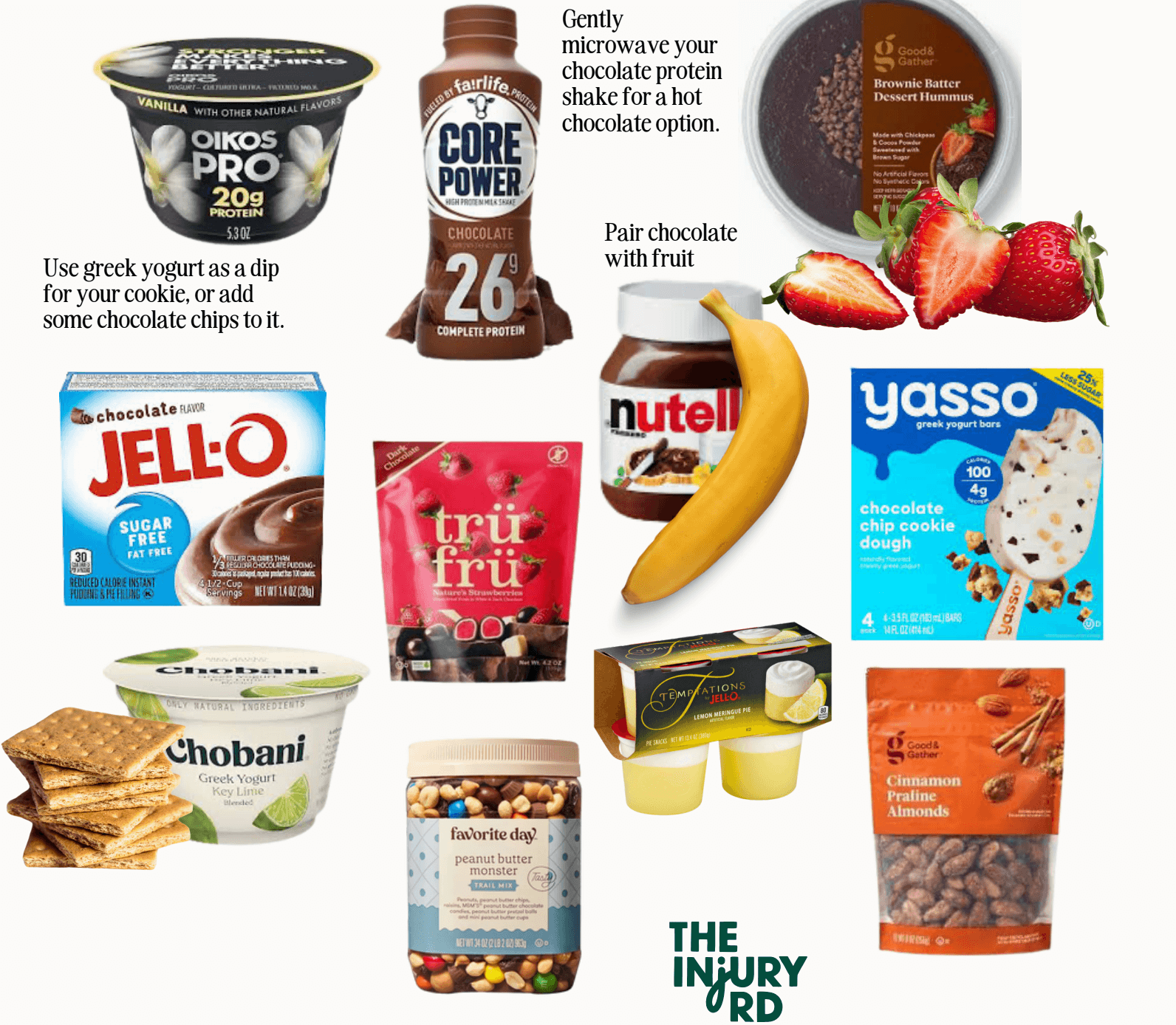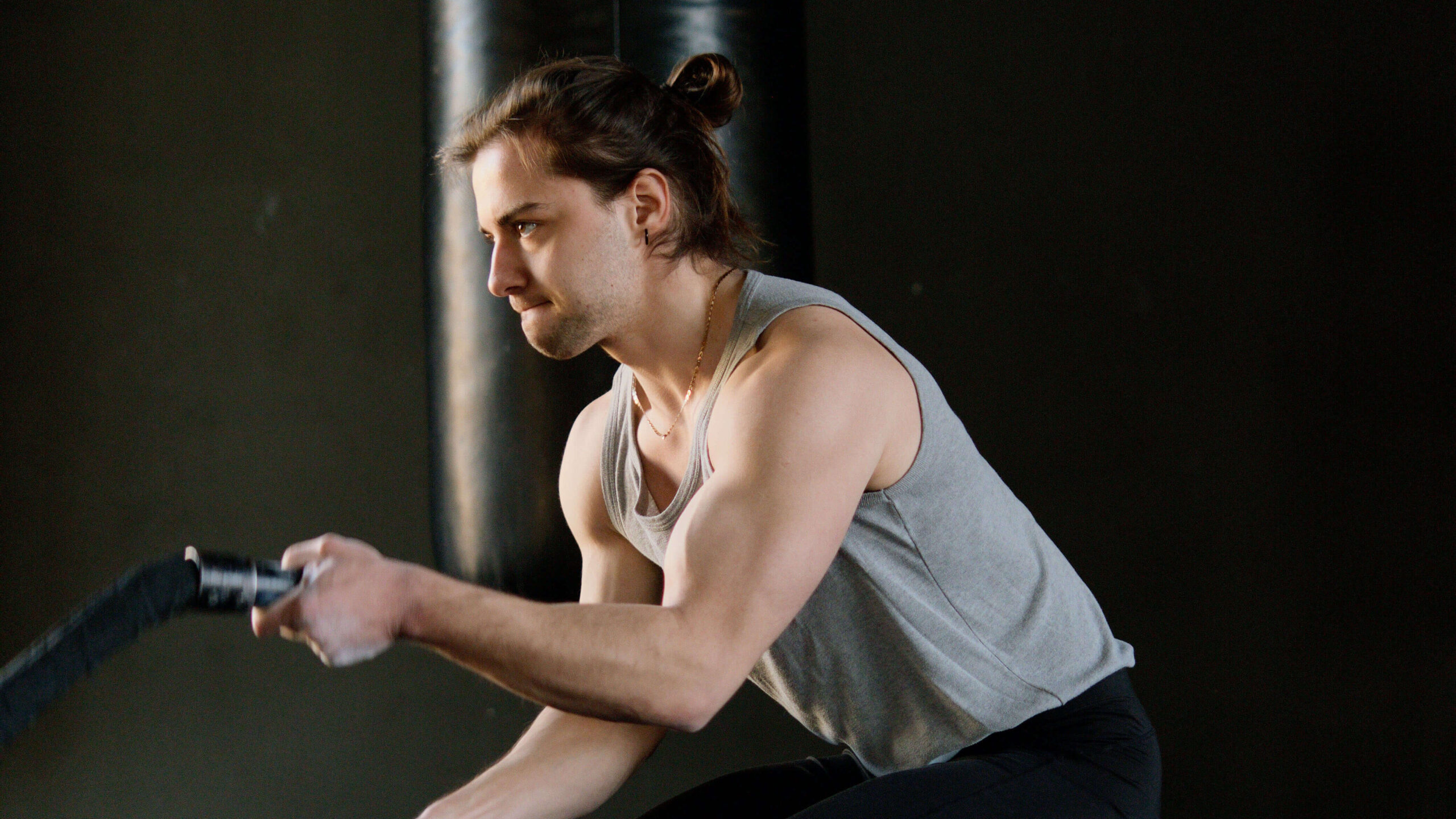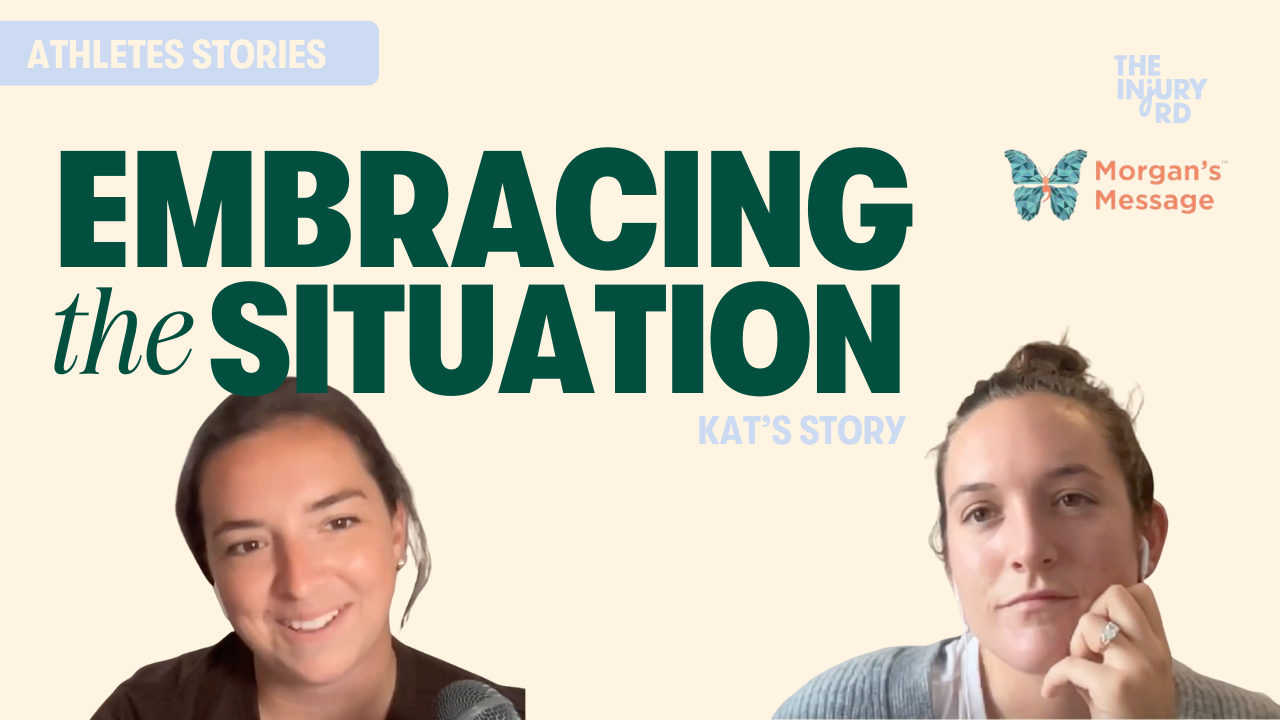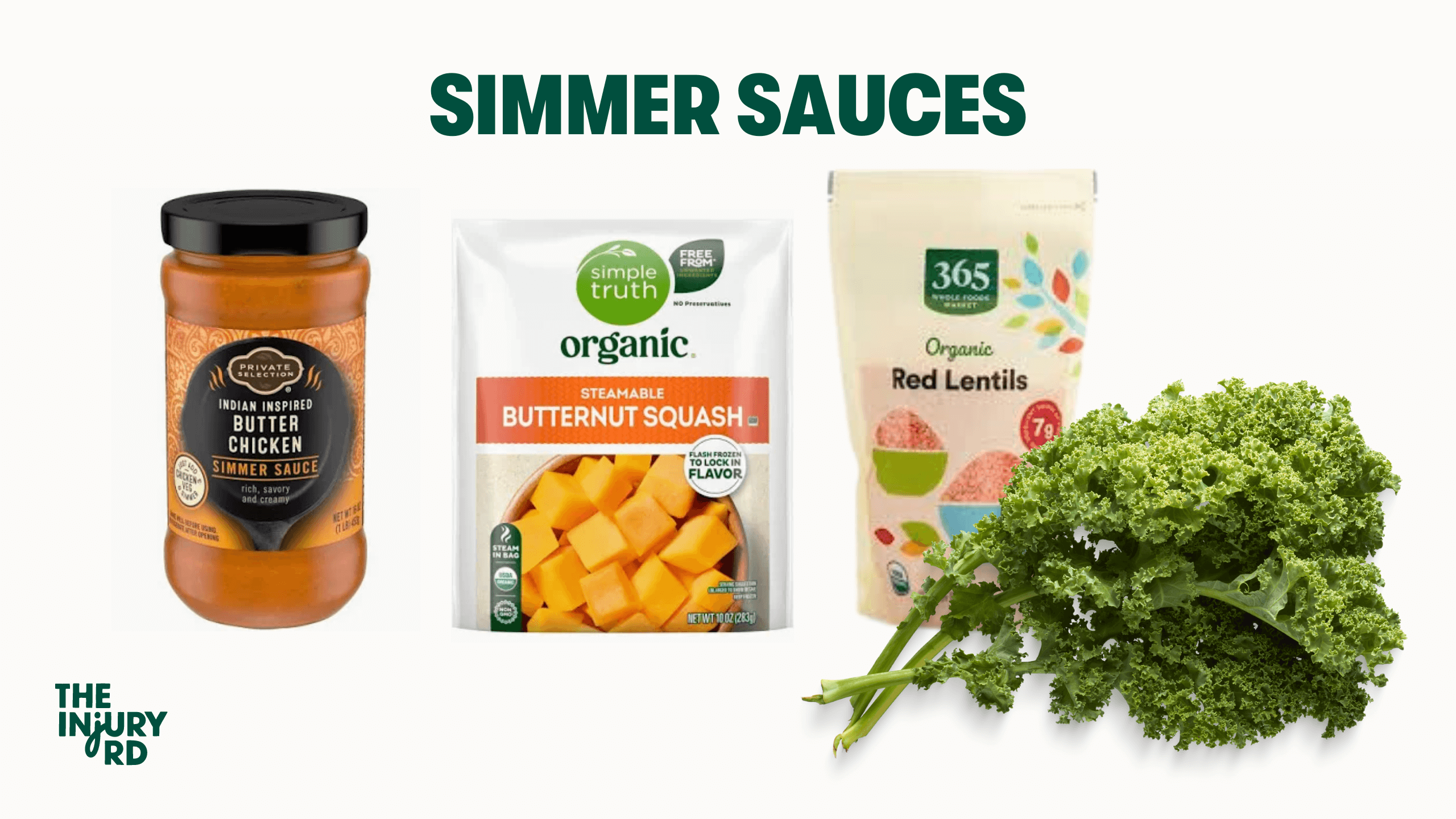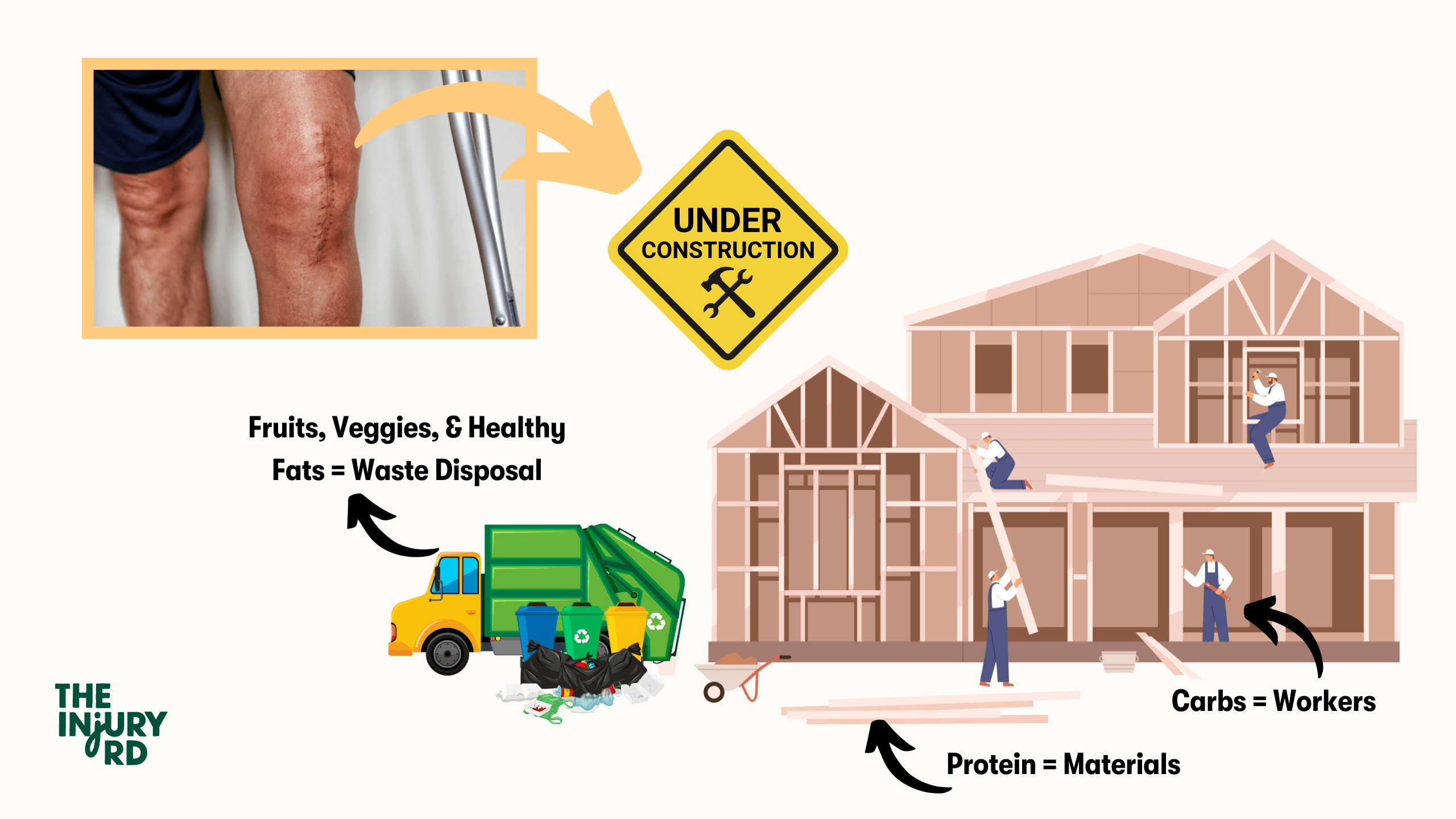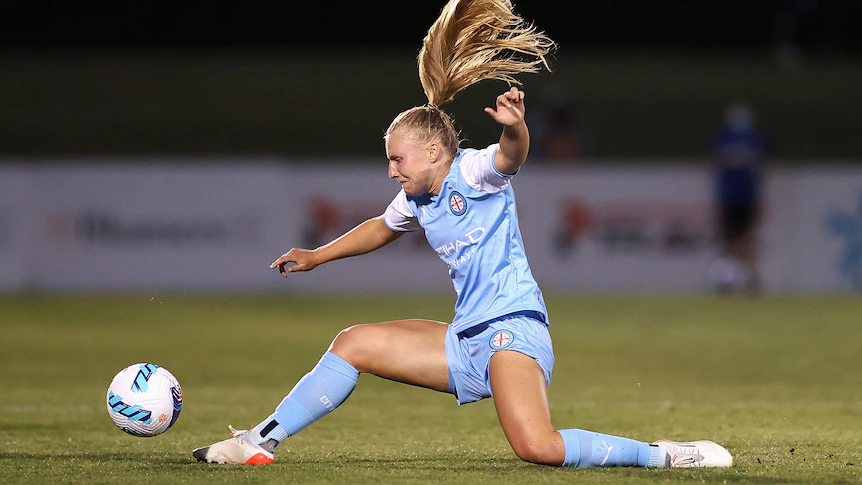Injuries are tough. They throw us off track, mess with our goals, and challenge us in ways we didn’t see coming. Whether it’s missing practice with your teammates, being sidelined from the activities you love, or dealing with a sense of frustration over lost progress, it’s easy to feel stuck. That’s where the concept of radical acceptance comes in. It’s not about giving up—it’s about making peace with where you are so you can move forward.
Let’s talk about how to handle situations where you’re thinking, “What do I do when I’m sad I got injured?” and how radical acceptance can make all the difference.
Want to listen to this article instead?
What is Radical Acceptance?
At its core, radical acceptance is about acknowledging your reality—even the hard, painful parts—with compassion. It’s an approach that allows you to stop resisting what is and start focusing on what could be. That doesn’t mean you’re becoming complacent or losing your drive. Instead, it means letting go of the “should haves” or “what could have been” and focusing on building a new path forward.
For injured athletes, this mindset is especially powerful. Whether you’re recovering from a torn ACL, dealing with an unexpected setback, or just feeling out of shape, resistance to your current situation often causes more suffering than the injury itself. Radical acceptance frees mental energy that would otherwise be trapped in frustration and regret, opening up space to take meaningful next steps.
Facing the Reality of an Injury
A lot of athletes have a hard time accepting the reality of being injured. The thought of missing time on the field or losing fitness can feel like the ultimate setback. It’s tempting to downplay the situation or make excuses, like “I wasn’t fully rested” or “This doesn’t really matter.” But if you’re honest with yourself, you care. You care about your goals, your progress, and the work you’ve put in.
Radical acceptance doesn’t erase the pain, but it allows you to shift your mindset from “this sucks, and it shouldn’t have happened” to “this is where I’m at, and I can handle it.”
Think of it this way: Clinging to what could have been is like carrying around a heavy weight that only makes your recovery harder. Acceptance helps you set that weight down and start moving forward.
Letting Go of “What Should Have Been”
One of the biggest challenges for injured athletes is letting go of what they think should have happened. It’s easy to look at your teammates practicing or competing and feel stuck in a loop of “I wish I were there.” But the truth is, this just isn’t your reality right now. And that’s OK.
Letting go of “should” opens the door to a different question: “How can I keep getting better, even while I’m off the field?”
This shift may seem small, but it’s radically important. It’s the difference between feeling defeated and feeling motivated to take control of what you can do.
Finding New Opportunities Off the Field
When injuries force you to hit pause on your normal routine, they also create opportunities for growth you might not have considered. Many athletes use their recovery time to focus on things they didn’t have time for before, like:
- Learning how to cook and meal prep for better nutrition.
- Discovering what foods help your body recover faster or perform better.
- Exploring new ways to stay active while rehabbing safely.
- Developing a deeper appreciation for everything your body does for you.
These are skills that often get overlooked when everything is going as planned. Yet they’re just as critical to your success as an athlete. You might not be able to hit the gym or the field the way you used to, but that doesn’t mean you can’t make progress in other ways.
Why Nutrition and Recovery Still Matter
When you’re sidelined, it’s tempting to think that nutrition or other performance-focused habits don’t matter as much. After all, if you’re not playing, who cares, right? But this couldn’t be further from the truth. In fact, focusing on your nutrition and recovery during an injury is more important than ever.
Radical acceptance means accepting your body where it is, even if it’s not where you want it to be. That might mean acknowledging weight fluctuations, changes in fitness, or setbacks in your timeline. And that’s OK. It’s normal, and it’s part of what your body needs to heal. By fueling your body properly, you’re giving it the tools it needs to come back stronger—both physically and mentally.
Building Compassion for Yourself
It’s easy to be hard on yourself when you’re injured. You might replay past decisions, wonder what you could have done differently, or compare yourself to others who aren’t dealing with setbacks. But radical acceptance requires compassion.
Accepting where you are with kindness doesn’t mean you’re letting yourself off the hook. Instead, it creates a foundation for progress. When you stop beating yourself up, you’ll have more energy to focus on what’s next—and what’s possible.
The Path Ahead: Embracing the Journey
Every athlete’s recovery looks different. There’s no perfect timeline, no universal milestones, and no one-size-fits-all solution. But when you embrace radical acceptance, you allow a new path to unfold—even if it’s not the path you originally planned. It’s like giving yourself permission to walk down a road that’s just as valuable, even if it looks a little different.
The silver lining? Many athletes find that their injury leads to growth in unexpected ways. Maybe you learn patience, resilience, or the joy of discovering something new about yourself. The important thing is to let that path reveal itself naturally and not force it.
Moving Forward With Kindness
Recovering from an injury is never easy, but it’s part of the journey for so many athletes. The key is to remind yourself that your path—janky, imperfect, and full of twists and turns—is still valid. And maybe, just maybe, it’ll teach you things you never would’ve learned otherwise.
So if you’re sitting there thinking, “What do I do when I’m sad I got injured?” start with this: be kind to yourself. Accept where you are. Commit to moving forward, one step at a time. You’ve got this.
If this topic resonates with you or you’ve had your own moment of radical acceptance, I’d love to hear about it. And don’t forget to check out the Fuel Your Comeback Podcast for more tips, stories, and support.
Looking for a community? Join our free WhatsApp group, the Injured Athlete Lunch Club, and connect with others on the recovery journey.
Happy Fueling <3
FUEL YOUR COMEBACK






